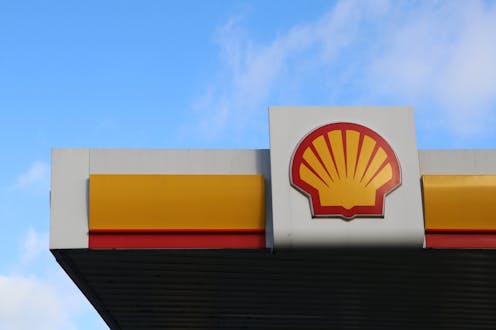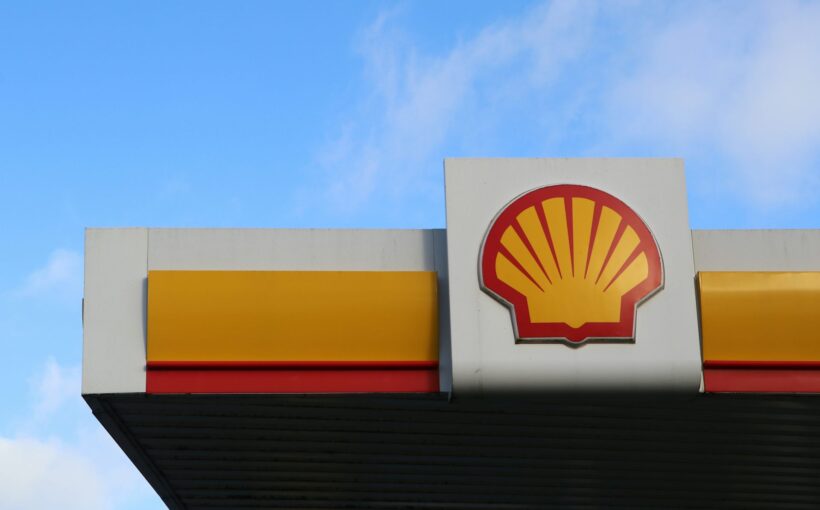
In the first ruling of its kind, the Dutch Hague District Court in 2021 ordered a fossil fuel company, Shell, to slash its emissions. This decision would have required the oil and gas giant to cut its emissions by 45% by 2030 (compared with 2019 levels) across its operations and beyond, including so-called “scope 3 emissions” – those arising from burning the fossil fuels Shell has sold.
However, this landmark ruling – which inspired similar lawsuits worldwide – has been overturned. Shell appealed the decision and on November 12 2024, the Hague Court of Appeal found that no emission reduction target could be imposed on the company.
While this outcome can be seen as a setback, it does not mark the end of legal strategies to rein in the climate damage of private companies. In fact, the appeal court’s decision still offers plenty of scope for further litigation.
Reading the fine print
The District Court’s decision in 2021 found that private companies, including Shell, have a duty of care to take action on climate change. In finding a legal basis for imposing an emissions target on a fossil fuel company, the ruling inspired campaigners and local authorities to initiate lawsuits against companies across the world.
This was widely seen as a turning point in the drive to make big businesses accountable for climate change, and heralded what appeared to be a new era of corporate climate litigation.
Reviewing the case, the Court of Appeal acknowledged that Shell has a general duty of care to protect Dutch residents from dangerous climate change. However, it stopped short of upholding the emissions target imposed in 2021.
On scope 1 (greenhouse gases from sources owned or controlled by the company) and scope 2 (greenhouse gases emitted indirectly from the company’s consumption of purchased electricity, steam, heat or cooling) emissions, the Court of Appeal reasoned that Shell is unlikely to breach its alleged obligation to cut these emissions, arguing that the company was already progressing towards its own voluntary commitment to reduce emissions by 48% by 2030 (compared with 2019).
On scope 3 emissions, the appeals court cited a lack of scientific consensus on how much companies should be expected to cut. And even if Shell withdrew from the market, the court noted, other providers would fill the void. This ruling, however, left Shell’s responsibility for its own production largely unexamined.
What next for corporate climate litigation?
The Court of Appeal did hint at potentially fruitful legal arguments for future lawsuits by clarifying that companies should consider the consequences of expanding fossil fuel supply.
The ruling noted that Shell’s investments in new oil and gas fields could conflict with its duty of care. This is in line with an emerging scientific consensus that says keeping global warming within the 1.5°C limit set by the Paris Agreement implies no new fossil fuel projects.
The original claimant, Dutch environmental campaign group Milieudefensie, has yet to decide if it will ask the country’s supreme court to review the Court of Appeal’s decision. In such a procedure, no new facts can be introduced, and it will only review whether the appeals court had correctly applied the law. Milieudefensie’s decision to proceed will depend on the likelihood of success, potential legal costs, and the strategic value of maintaining public attention on Shell’s climate responsibilities.
While the ruling on Shell’s appeal might undermine other lawsuits asking courts to set company-specific emission reduction targets, the affirmation by the appeals court of a general obligation for companies to reduce emissions offers plenty of room for further litigation against companies. Future cases could test how far courts will go in enforcing this obligation.
What’s more, corporate climate litigation increasingly draws on due diligence legislation, which is gaining traction across Europe and beyond. Such legislation requires corporations to set targets and develop climate transition plans.
Various lawsuits, including one against French oil company Total, already rely on such legislation, which is more specific than the broader legal grounds used by Milieudefensie in its case against Shell.
So, corporate climate litigation is far from over. But it is likely to take new directions following the Hague Court of Appeal’s ruling.

Don’t have time to read about climate change as much as you’d like?
Get our award-winning weekly roundup in your inbox instead. Every Wednesday, The Conversation’s environment editor writes Imagine, a short email that goes a little deeper into just one climate issue. Join the 40,000+ readers who’ve subscribed so far.
![]()
Annalisa Savaresi is Professor of International Environmental Law at the Centre for Climate Change, Energy and Environmental Law at the University of Eastern Finland.
Harro van Asselt does not work for, consult, own shares in or receive funding from any company or organisation that would benefit from this article, and has disclosed no relevant affiliations beyond their academic appointment.



